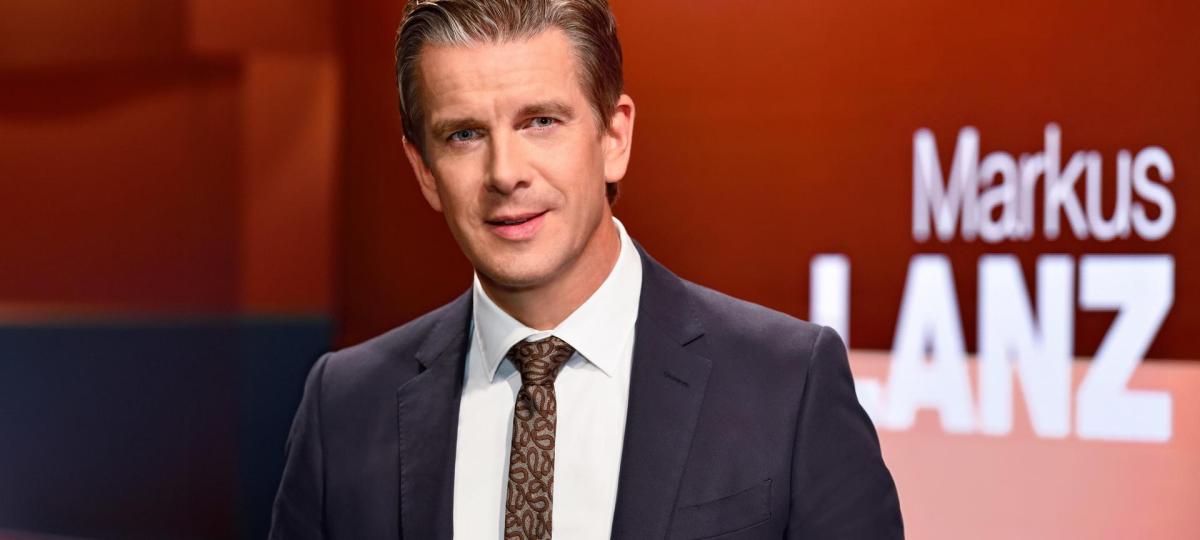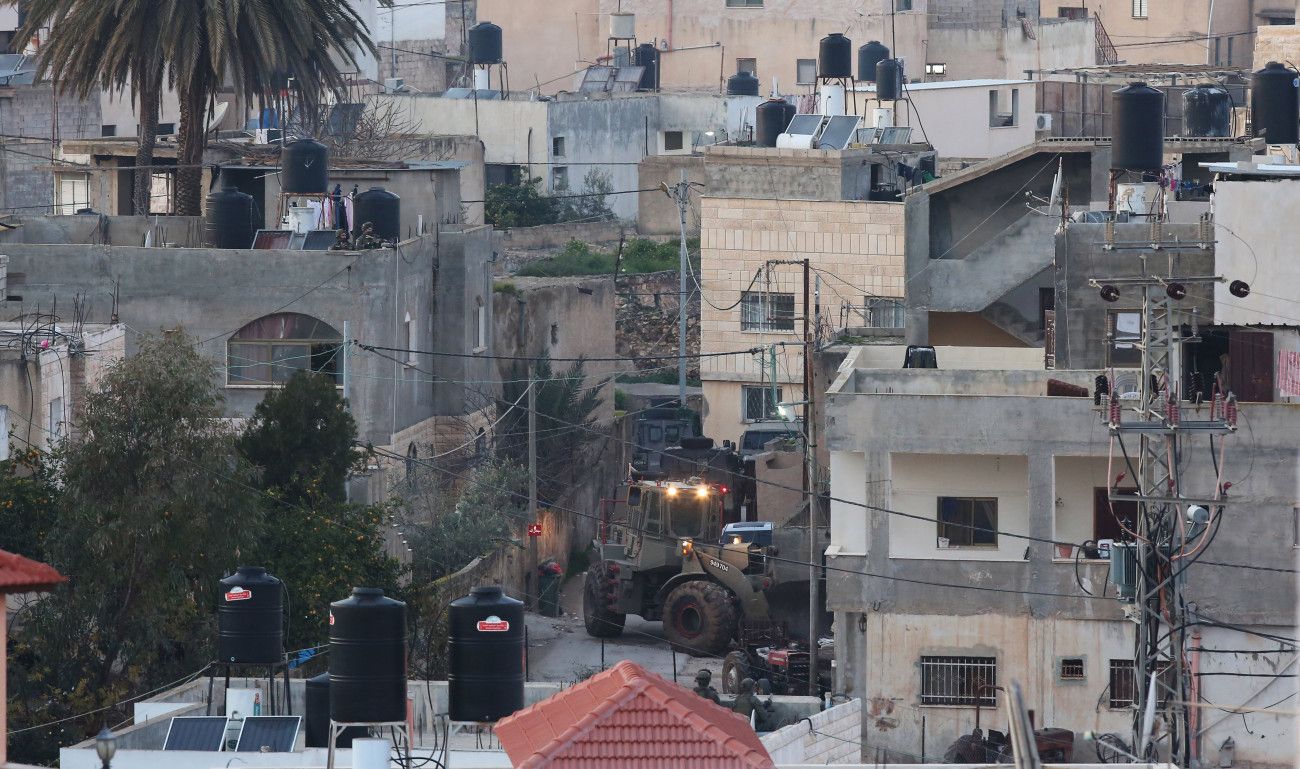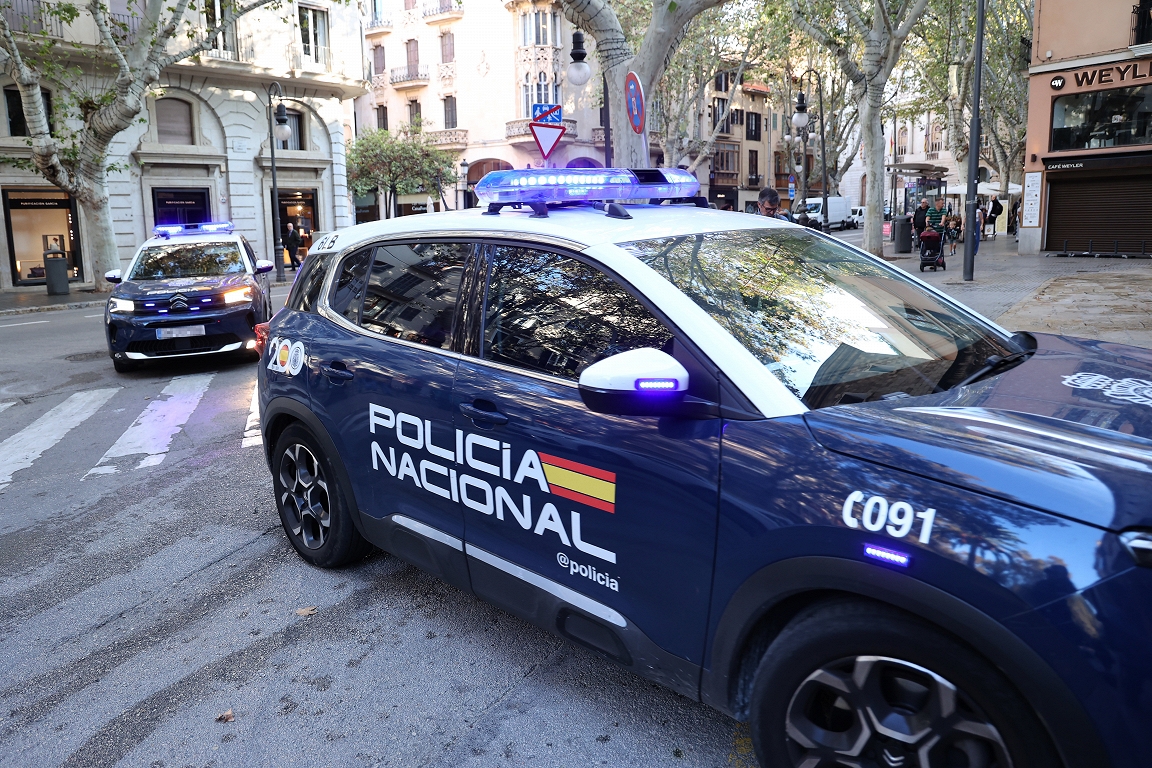El Salvador’s President before « Monka Grade »

The new law is reminiscent of Russian law on « foreign agents » and allows President Bukle arbitrarily to decide which humanitarian organizations or independent media are allowed to operate in the country. The controversial law was adopted with 95 percent of the vote in Congress after only one and a half -hour debate. One of the few oppositionists who dared to speak was the 37-year-old congressman Claudia Ortiz.
– This law is incompatible with democracy, the rule of law and the fundamental freedoms such as freedom of speech and association, said Ortiz, member of the opposition party Vamos, according to El Paía
President Bukele is in on His sixth year as president of El Salvador and has a strong support from the population after he succeeded in breaking the spiral of violence in the country. From being one of the world’s most dangerous countries, El Salvador has now become one of the safest. The problem is that he has become an increasingly authoritarian leader. In recent weeks, at least 15 people have been arrested for political reasons. The latest in the line is human rights lawyer Ruth López. For fear of also being arrested, seven journalists have left El Salvador in the past month.
Above all, these are journalists at the award -winning online magazine El Faro, who last month revealed that Bukle, at the beginning of its first term, entered into an agreement with the country’s criminal gang to calm the situation in the country. According to the disclosure, Bukele offered the gang leaders free leaving out of El Salvador in exchange for the military being able to arrest the gang members.
– The new law is an authoritarian tool for censorship and dismantling of civil society in El Salvador, says opposition leader Claudia Ortiz.
The new law is next to Identic to the one that the former revolutionary manager Daniel Ortega and his wife Rosario Murillo introduced in Nicaragua five years ago. This law has led to over 5,000 non -profit organizations no longer being authorized to operate in the country. Above all, it is religious organizations and human rights organizations that have received grants from abroad that have been forced to shut down their operations.
The UN’s special reporter for freedom of association and meeting, Gina Romero, has reacted to the neighboring country El Salvador going in the same authoritarian direction.
« Labeling people as foreign agents just because they are given legitimate means is to stigmatize, silence and undermine civil society. It is incompatible with a democratic society, » she writes on the platform X.
The so -called The « Monkavle Act » forces media and organizations to register within the specified deadline. If they do not, they may not « conduct business, carry out financial transactions or manage material assets ». The law also prohibits organizations from « conducting activities for political or other purposes ». The problem with the law is that it gives Bukle’s powers to define what constitutes a « foreign agent » and what is meant by « prohibited political activities ».







